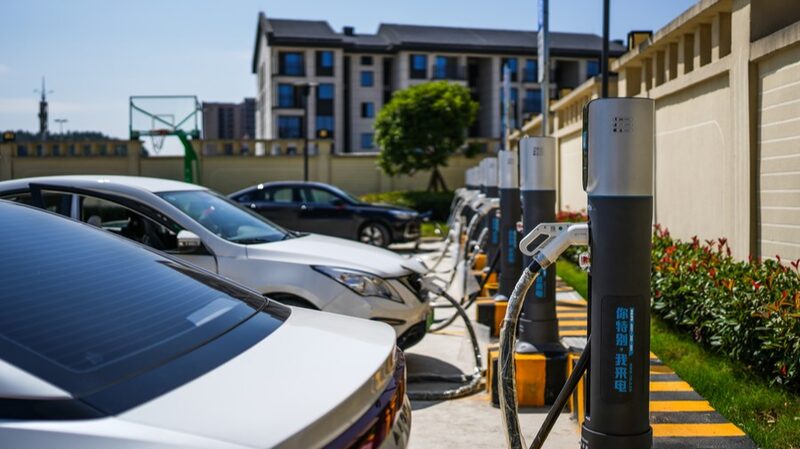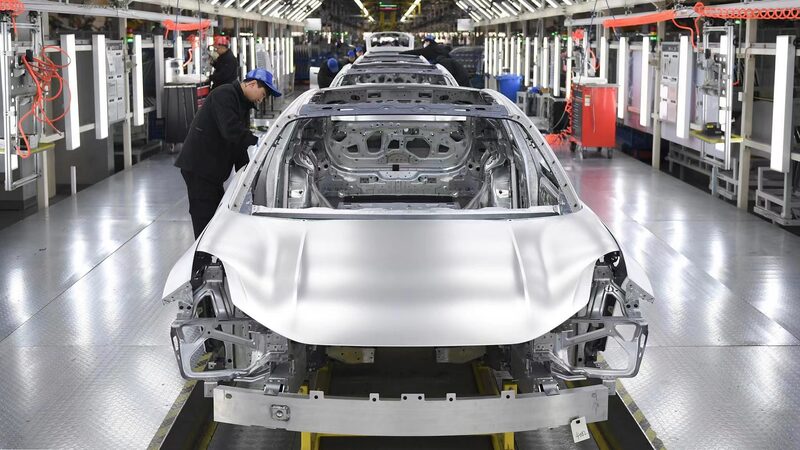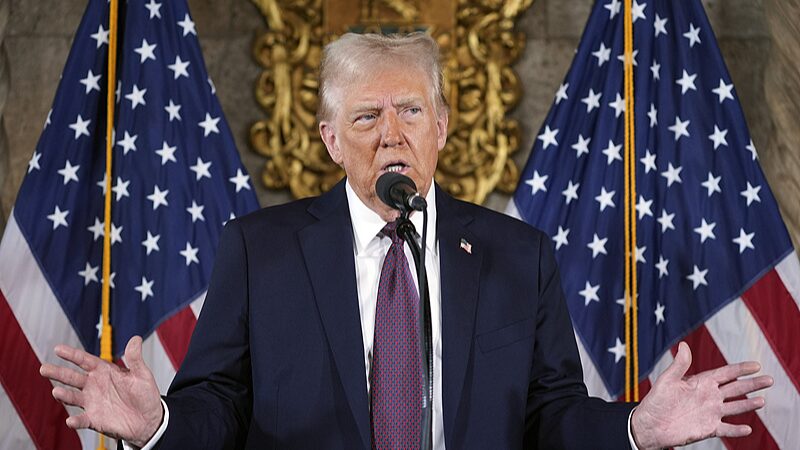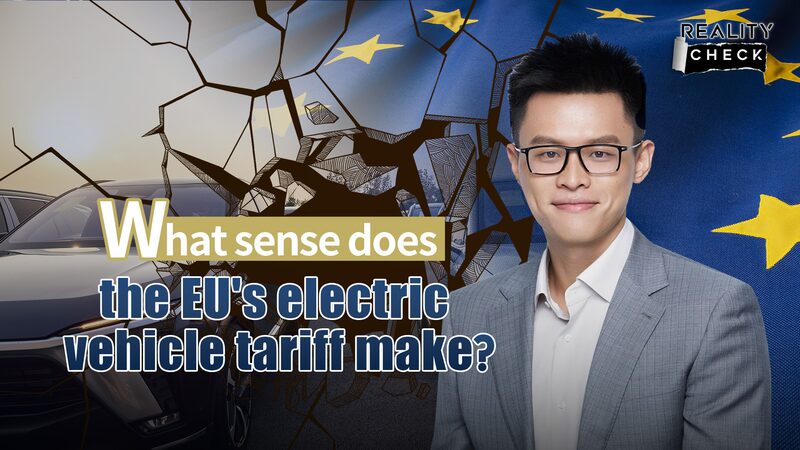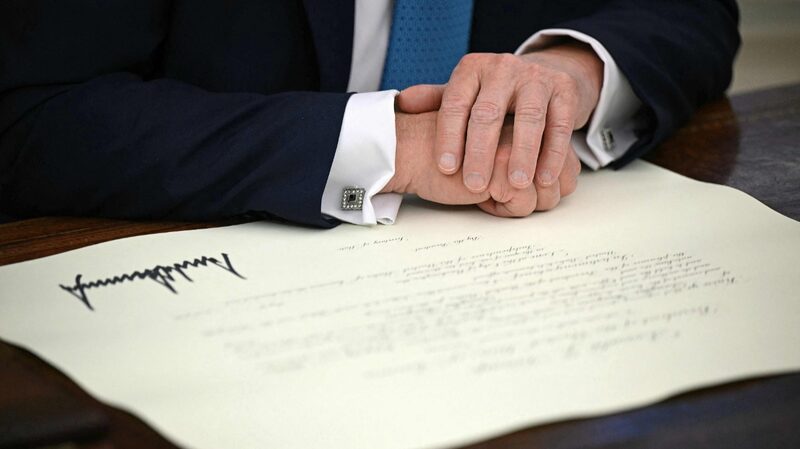In a surprising move, Canada announced on Monday that it will impose a 100 percent tariff on imports of Chinese electric vehicles (EVs) starting October 1, and a 25 percent tariff on Chinese steel and aluminum beginning October 15. Canadian Prime Minister Justin Trudeau defended the decision, stating, “Actors like China have chosen to give themselves an unfair advantage in the global marketplace.”
The tariffs mark a significant escalation in trade tensions between the two nations. While Chinese EVs are notably cost-effective—with some models selling for as little as $12,000—their competitive pricing is attributed to factors such as China’s supply chain efficiency, industrial concentration, and lower labor costs, rather than “unfair subsidies.”
China’s dominance in processing critical materials for EV batteries plays a crucial role in its market advantage. According to the International Energy Agency, China processes more than half of the world’s lithium, cobalt, and graphite—all essential components for battery production. This extensive processing capacity, coupled with high battery production levels, has substantially reduced manufacturing costs for Chinese EVs.
Moreover, China’s comprehensive industrial system solidifies its position as a global manufacturing powerhouse. The country’s EV industry encompasses the entire production spectrum, including research and development, engineering design, manufacturing, and assembly. The emergence of EV manufacturing hubs in cities like Hefei in Anhui Province and Changzhou in Jiangsu Province enables automakers to save on logistics, land use, and labor costs.
Critics argue that Canada’s tariffs may disrupt the natural competitive balance, as China’s advantages stem from strategic investments and economic structure rather than unfair practices. The increased costs could impact Canadian consumers by raising prices and limiting the availability of affordable EVs and metal products.
As the implementation dates approach, businesses and consumers are bracing for potential market shifts. The tariffs may also influence Canada’s efforts to promote green technology and sustainable development by affecting the adoption rate of electric vehicles.
The situation highlights the complexities of global trade and the challenges countries face in balancing domestic interests with international competition. Observers are closely watching how China will respond and what this escalation means for future Canada-China economic relations.
Reference(s):
Ottawa's political calculations under the cloak of fair trade
cgtn.com


